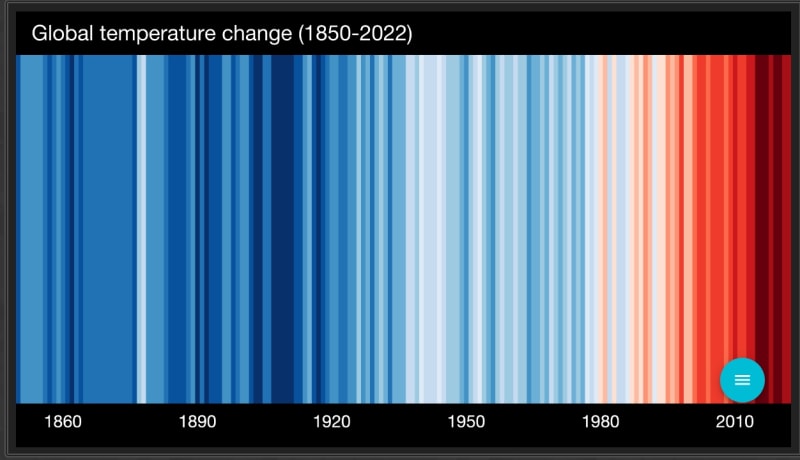JoshPlumSE
Structural
My thoughts on Electric vs Hybrid:
1) I'm not rich. I just want one efficient car that can meet most of my needs. One that is as fuel efficient as possible. Hopefully one that costs 40k or less.... Honestly, I've even thought about just getting an e-bike and letting my wife and kids have the cars most of the time. Mostly I just need to be able to run errands, shop for groceries. But, when I really started thinking about it, I realized how many little trips I take each week where that would be really, really inconvenient.
2) California has (in the recent past) told consumers not to charge their electric cars for some really hot days during the summer. That's sort of a deal breaker for me. I want freedom from the whims of California lawmakers / regulators / utilities and such.
3) My best friend had a natural gas powered Honda Civic for a number of years. It was a great car. But, he always had to be planning out when and where he was going to fill it up. That was a pain in the butt for him. But, it worked because he got an HOV lane pass that dramatically reduced his commute. He paid a lot extra for that sticker too. Something like 10~20% of the price of the car if I remember correctly.
4) The infrastructure for electric is actually probably pretty good here in Southern California. I've seen plenty of charging stations nearby. More are popping up all the time. Unfortunately, I get the impression that a Tesla can only use the Tesla charging stations and vice versa. That seems like a pretty big problem to me. I can go to any gas station in any city in the country and feel perfectly secure about getting my car filled up. Maybe if I added a charger to my garage I'd feel better about it.
5) I can see the limited EV Range as a bit of a problem for some people. In reality, I don't do much long range driving. So, I could get away with an EV +90% of the time. Sure, I'm driving up to the Bay Area next month for a company event (and to have a memorial service for my father). But, I could just switch cars with my wife for a few days when something like that comes up.
6) The other thing is the charging time. One of my friends has a Tesla and talked about how he went on a long trip and the charging took forever. It's supposed to take less than an hour. But, that is dependent on the amperage of the charger and such. And, when he traveled, there were a ton of cars charging at the same time... reducing the speed of charging. I think it said it took something like 6 hours to charge. That's like doubling (or tripling) the time it takes to get somewhere. Drive for 3 hours. Stop for 6 hours to charge your car! Maybe drive only halfway and stop somewhere overnight to charge your car. Ugh! I don't want to deal with that. At least not yet.
Ideally, I'll get a Hybrid sometime in the next couple of years. See how that goes for the next 5~10 years (I keep my cars for a long time). Then I'll see what sort of infrastructure is built up for electric and what the price differences are. Or, maybe when it's time to replace my wife's car we'll look at a full EV then.
1) I'm not rich. I just want one efficient car that can meet most of my needs. One that is as fuel efficient as possible. Hopefully one that costs 40k or less.... Honestly, I've even thought about just getting an e-bike and letting my wife and kids have the cars most of the time. Mostly I just need to be able to run errands, shop for groceries. But, when I really started thinking about it, I realized how many little trips I take each week where that would be really, really inconvenient.
2) California has (in the recent past) told consumers not to charge their electric cars for some really hot days during the summer. That's sort of a deal breaker for me. I want freedom from the whims of California lawmakers / regulators / utilities and such.
3) My best friend had a natural gas powered Honda Civic for a number of years. It was a great car. But, he always had to be planning out when and where he was going to fill it up. That was a pain in the butt for him. But, it worked because he got an HOV lane pass that dramatically reduced his commute. He paid a lot extra for that sticker too. Something like 10~20% of the price of the car if I remember correctly.
4) The infrastructure for electric is actually probably pretty good here in Southern California. I've seen plenty of charging stations nearby. More are popping up all the time. Unfortunately, I get the impression that a Tesla can only use the Tesla charging stations and vice versa. That seems like a pretty big problem to me. I can go to any gas station in any city in the country and feel perfectly secure about getting my car filled up. Maybe if I added a charger to my garage I'd feel better about it.
5) I can see the limited EV Range as a bit of a problem for some people. In reality, I don't do much long range driving. So, I could get away with an EV +90% of the time. Sure, I'm driving up to the Bay Area next month for a company event (and to have a memorial service for my father). But, I could just switch cars with my wife for a few days when something like that comes up.
6) The other thing is the charging time. One of my friends has a Tesla and talked about how he went on a long trip and the charging took forever. It's supposed to take less than an hour. But, that is dependent on the amperage of the charger and such. And, when he traveled, there were a ton of cars charging at the same time... reducing the speed of charging. I think it said it took something like 6 hours to charge. That's like doubling (or tripling) the time it takes to get somewhere. Drive for 3 hours. Stop for 6 hours to charge your car! Maybe drive only halfway and stop somewhere overnight to charge your car. Ugh! I don't want to deal with that. At least not yet.
Ideally, I'll get a Hybrid sometime in the next couple of years. See how that goes for the next 5~10 years (I keep my cars for a long time). Then I'll see what sort of infrastructure is built up for electric and what the price differences are. Or, maybe when it's time to replace my wife's car we'll look at a full EV then.

![[lol] [lol] [lol]](/data/assets/smilies/lol.gif)

